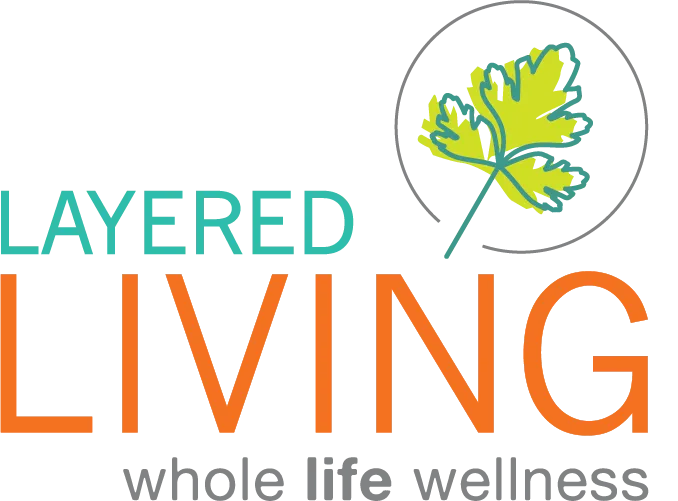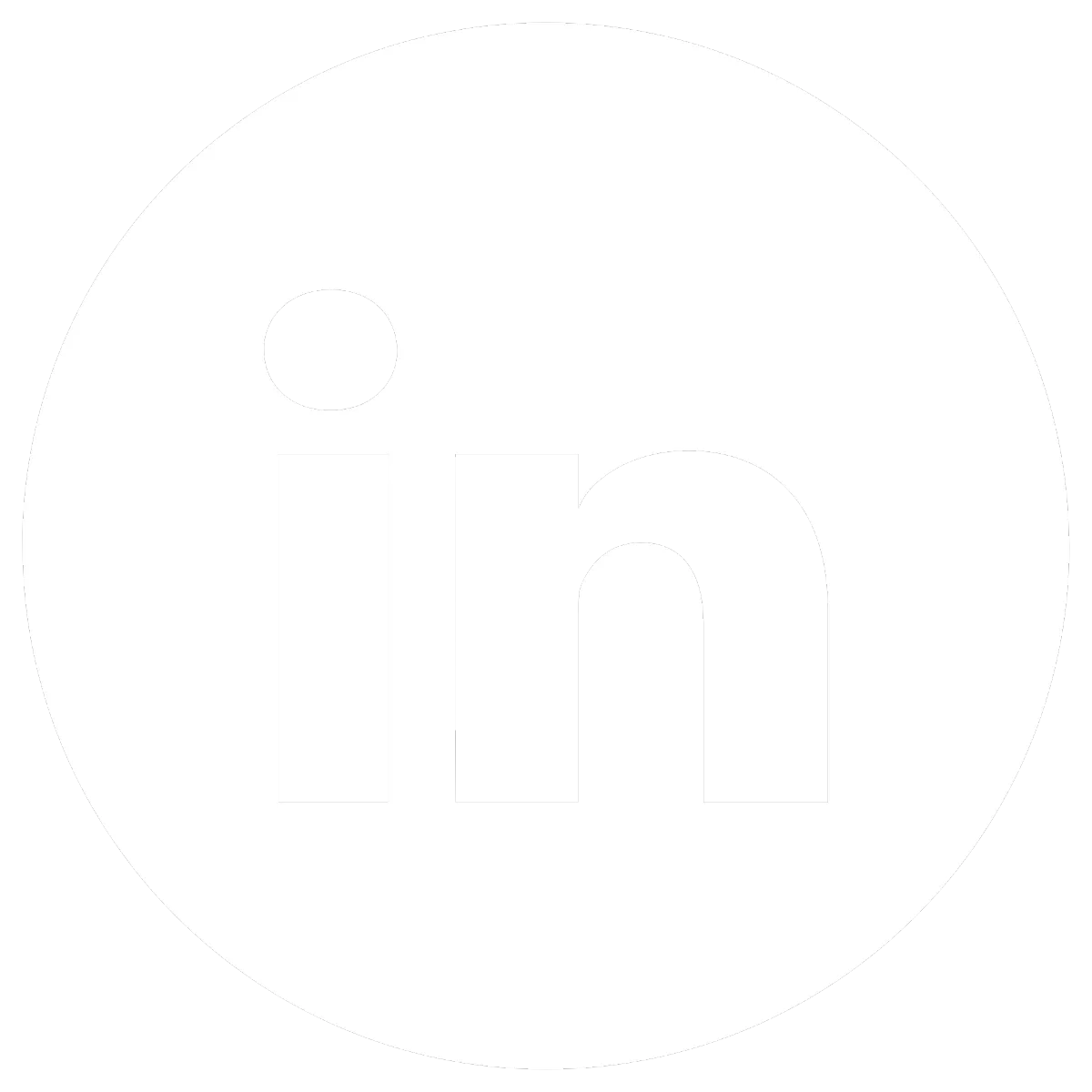About Laurel Otey
I’m a mom of three very different girls.
When I got pregnant with our first daughter, we were living in Australia far away from family and friends.
None of our local friends had started having kids yet. I was the first woman at my job to have a baby while working there. In fact, my employer wrote a maternity leave policy because it didn’t exist before me!
People were excited for us, but we didn’t have the support that we needed from people who really understood.
Throughout my pregnancy, I was inundated with mostly unsolicited advice. I was overwhelmed by the often conflicting suggestions and wondered, “What’s true? What do I really need to know? Whose opinions should I trust?”
I felt like I was cramming for the biggest test of my life with no idea what I needed to know.
In response to the intense pressure I felt to figure it all out, I bought a few of the classic pregnancy books and did my own research online about pregnancy and labor. My husband and I also took a couple free prenatal classes through our hospital and another private one that was focused on natural birth.
I felt like we were prepared.
Boy was I wrong!
My labor was excessively long (days…) which threw me into an anxiety spiral. I felt unsure about what was happening in my body and what my options were now that my “all natural” birth plan wasn’t working.
Not learning about the possible medical interventions that may be needed hadn’t increased my commitment to having a natural birth or reduced my fears. Instead, it left me uninformed, unable to effectively advocate for myself, and feeling very vulnerable.
After our daughter was (finally!!) born, came my next shock.
I had completely focused my research on pregnancy and childbirth… But I had no idea how to handle my post-birth recovery or how to effectively care for my new baby’s round-the-clock needs!
These topics were touched on in my prenatal classes, of course, but nowhere near to the level of detail that I needed to put the information into action.
So I did what most new moms do. I hoped my body would recover and assumed this was what newborn life was like… meaning super stressful and painfully exhausting.
This created a few problems for us.
Problem #1
First, not understanding what was realistic and normal in my own postpartum recovery made my early weeks as a mom even harder and more stressful.
Everything felt wrong, physically and emotionally. The insecurities about my body crept in and made me fear that I might not feel ok ever again.
Problem #2
The second problem was my assumption that newborn life has to be hard.
As a result, I wasn’t seeking out the professional help we needed. This meant solvable problems regarding our daughter’s feeding and sleeping were not identified or fixed for weeks-to-months longer than they should have been. Not knowing cost us additional time, sleep, money, and happiness.
Problem #3
Third, while I was addressing my baby’s basic, short-term needs, I was not helping her establish healthy long-term habits.
Yes, she was getting fed (constantly), sleeping (sporadically), and was reasonably clean and being comforted when upset.
These are all good things! Meeting your baby’s basic needs is absolutely necessary and a great start. That’s why demand feeding is universally recommended for the first several weeks.
The issue was, I didn’t know the "Whats" and the "Hows..." meaning What my baby needed and How to effectively serve those needs.
Things like:
What is the right amount to feed her? How do I ensure she takes a full feed?
What feeding frequency does she need? How do I know she’s ready to eat before she becomes too upset to eat?
What length should each of her sleeps be? How do I get her to sleep long enough?
What is the right number of naps she needs each day? How do I help her sleep without holding her all day and night?
Instead, I was following the usual parenting assumptions and advice:
Feed your baby only the amount of milk recommended for her age.
Feed your baby whenever she cries, because she's probably hungry.
Never wake a sleeping baby!
Your baby will go to sleep on her own when she's tired.
We quickly found that most of this advice was unhelpful, unrealistic, or flat-out wrong.
Not knowing how to care for my baby made me anxious, indecisive, and self-conscious. I felt judged by well-meaning people’s comments, questions, and advice. I was secretly devastated when someone once said to me, “Isn’t it amazing how quickly you learn exactly what each of your baby’s cries mean?”
The reality was, I had no idea what she wanted when she cried. I kept going through the nurse-change-comfort guessing game each time. I wondered, “Becoming a parent is natural, so why is none of this coming naturally to me?”
I worried that my “parenting instincts” weren’t kicking in and what that meant about me as a mother.
Even as our daughter was approaching the end of those early weeks, I was still letting my baby fully take the lead.
Every grumble, fuss, and cry was responded to as if it was a true emergency. Despite the fact that she was growing, I constantly worried that she was hungry. As a result, my go-to response was to feed her every time she seemed upset.
Instead of being well fed, she was taking super short, frequent feeds all day and night. By 6 weeks, her nighttime sleeps had deteriorated down to 2-hour stretches, sometimes less, with 5-6 wake-ups a night. This not only severely impacted our sleep, but it also started creating supply problems for me and reflux symptoms in her.
My husband, daughter, and I were exhausted and stressed all the time.
Clearly, this approach wasn’t sustainable for any of us.
When I tried talking about how tired I was, people reassured me, “It will be easier once she figures out her own routine.”
So I started documenting every feed, sleep, and diaper change. I pored through my notes each day searching for patterns and clues. I was desperately searching for a solution to make this newborn life more manageable.
Unfortunately, there was no hidden message. Everything was inconsistent because we were being inconsistent. We were living in reaction mode.
I wasn’t gently guiding her toward any specific goals - full nursing sessions, longer times between feeding sessions, better nighttime sleep and more consistent daytime naps - because I didn’t know how.
Our lack of reliable information, meaningful support, and effective action made me feel insecure, alone, and hopeless.
To make matters worse, I felt guilty about asking for help because nothing was really that disastrous. My baby was my responsibility so I needed to deal with the challenges all on my own… right?
It was around this time that a mom friend of mine recommended the book Save Our Sleep by Tizzie Hall.
This was the start (emphasis on start!) to us finally getting educated on What we needed to know about caring for our baby and How to implement it.
Now, I don’t agree with everything Tizzie recommends and that’s ok. In fact, if you look her up you will likely find just as many people who love Tizzie Hall as people who hate her advice. That is true for any parenting guide, because there isn’t a singular parenting philosophy that works for everyone.
The parts of Save Our Sleep that fit with our parenting style were hugely beneficial for us. Just like there is no one parenting style that works for all families, there is also no one parenting book that you will 100% agree with. My advice is to use the parts that make sense for your family and be willing to try something new when the needs change.
We also found local parenting classes and medical resources that gave us the information and support we desperately needed.
Getting informed and shifting our parenting approach from reactive to proactive was life-changing for us.
By 13 weeks, our daughter was taking full feeds every 4 hours during the day, napping happily, and soundly sleeping from 7pm to 7am nightly with a dreamfeed at 10pm!!!
Not only did this enable all three of us to finally start getting good sleep, but it gave us confidence in ourselves and one another as parents.
We were helping our daughter build healthy habits and she was thriving!
We became healthier, happier, calmer, and more connected as a family.
The next five years brought us a return move to the US and two more kids. Our relocation gave me the unique perspective of being able to compare the perinatal support between these two high-income countries.
Despite being so far from our US family and friends, I realized how much more postpartum and parenting support we had actually had in Australia compared to the US through their medical and social support services.
I was also shocked by how little (as in basically none) birth and parenting education pregnant US mothers routinely receive as part of their standard prenatal care.
This lack of information and open communication with my medical providers was partially to blame for the trauma I felt when our youngest needed to be delivered by C-section unexpectedly. Thankfully, through my Australian perinatal experiences, I had learned which types of providers could help during my recovery.
In contrast, most of my American friends with babies had never even heard of many of the pregnancy, postpartum, and infant wellness resources that exist in our country.
They were living with the same three problems that I had been dealing with in those early weeks of my first daughter’s life:
Unrealistic expectations about their post-birth recovery
Not addressing solvable problems because they assumed they were normal
Unsure how to implement healthy habits for their baby
After, first, solving my own family’s health challenges, then consulting with many friends informally about their concerns and seeing the huge improvements they achieved, I finally decided to go back to school and jump into my new career in family wellness.
As a Birth and Family Wellness Educator,
I help expectant and new parents navigate birth and newborn life with confidence and better health.
It all starts in pregnancy as we prepare for the birth of our child.

Photo Credit: ©Emmi Claire Photography
Don’t make the same mistakes I made.
Instead of being afraid of what might happen in labor,
Learn what your options are and how to write a Fail-Proof Birth Plan™ so that you can advocate effectively for your needs and desires no matter what happens.
Instead of treating the postpartum phase as taboo,
Let’s normalize the challenges moms often face post-birth and seek out the right providers to help us start feeling like ourselves again, physically and emotionally.
(Hint: it’s often not your obstetrician!)
Instead of waiting for your parenting instincts to kick in after birth,
Start learning what you need to know and how to put it into action before your baby arrives.
Taking these steps in pregnancy can create an entirely different birth and early parenting experience for mothers and babies.
This approach benefits new dads and partners, too.
During a first birthday party for a former client’s daughter, I asked her dad,
“So, how was the first year of parenthood for you?”
He responded,
“Loved every moment of it. I wouldn’t change a thing. That’s thanks to you.”
The start to parenthood really can be easier and more fun!
Book your free call to discover how I can help you gain an empowered birth experience and confidently create the foundation needed for your baby to thrive!
703-835-2378
laurel@layeredlivinglife.com
© 2016-2026 Layered Living®. All rights reserved.
To My Fellow Entrepreneurs -
Are you looking to up level your marketing ?
Check out the ALL-In-One Marketing Tool that transformed my business:
703-835-2378
laurel@layeredlivinglife.com
© 2016-2026 Layered Living®. All rights reserved.



